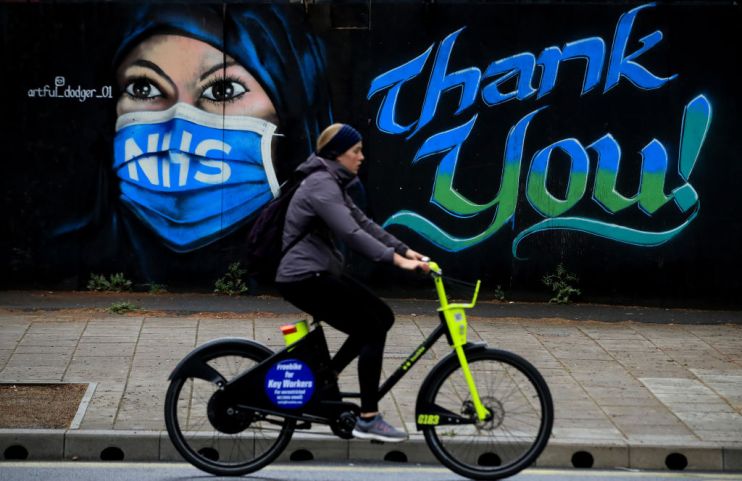Busting the myth of the selfless bureaucrat

There seems to be a fundamental problem with quangos. Hardly a day seems to go by without some new story of incompetence and mismanagement emerging.
Public Health England (PHE) is at least going to be put out of its misery by health secretary Matt Hancock, and replaced with a new agency specifically focused on pandemics.
An anonymous government minister is attributed as saying early in the crisis “we didn’t really know what PHE actually did, except from time to time they would put their head over the parapet and try and ban something like Coco Pops”.
PHE is by no means the first government body to have a slightly dubious record of effectiveness. The Highways Agency, set up by John Major’s government, was of such legendary uselessness that David Cameron renationalised it just before the 2015 election. It rose again as a “government owned company”, Highways England. As such, it has been responsible for the funereally slow works which install so-called smart motorways.
Network Rail, meanwhile, seems to have the Midas touch — for its contractors and consultants, that is, as it fails to complete Crossrail and the costs of HS2 soar out of control.
And the shambles at Ofqual over A-levels is beyond parody.
The simplest way from the outset would have been to accept, as a unique one-off event, the predicted grades of teachers. That is all that the quango need have done. The problem of who to admit would have been devolved to the universities, which are the bodies with the ultimate financial interest in these matters.
Now, the situation is even more complicated — places have already been assigned based on algorithm-assigned grades before the U-turn, and universities have mere days to work out how they will teach thousands of additional students, rather than months to work out a reasonable system.
In the case of each individual quango, there will be reasons as to why those specific problems occurred. But there are so many examples that there must be some more general principles at work.
As usual, economics can help. There is a long history of work around the concept of what has come to be known as “public choice” theory. The American economist James Buchanan did more than anyone to establish it as a standard and wide-ranging tool of economics, and he was awarded the Nobel Prize for this as long ago as 1986.
Too often in public discourse, a contrast is made between self-interested companies and government bureaucrats working in a seemingly selfless way for the public interest. Indeed, some of the bodies pilloried above were set up with the explicit aim of taking politics out of decision making in the relevant areas.
In essence, Buchanan believed that bureaucrats and politicians behave in the same self-interested way as everyone else. This does not mean that other motives are absent, but that rational self-interest is an important driver of behaviour.
We can see this clearly in the way the teaching unions have reacted to the Covid crisis. Many teachers are dedicated and committed to their pupils. Equally, however, there is a significant minority who do not act in any way as selfless professionals. Their revealed preferences have been to draw full pay and do little to no work, regardless of the consequence for children.
Detaching public policy decisions from direct political control has been very fashionable for the past few decades. The performance of the UK’s quangos shows that it is high time for a change of mind.
Main image credit: Getty
